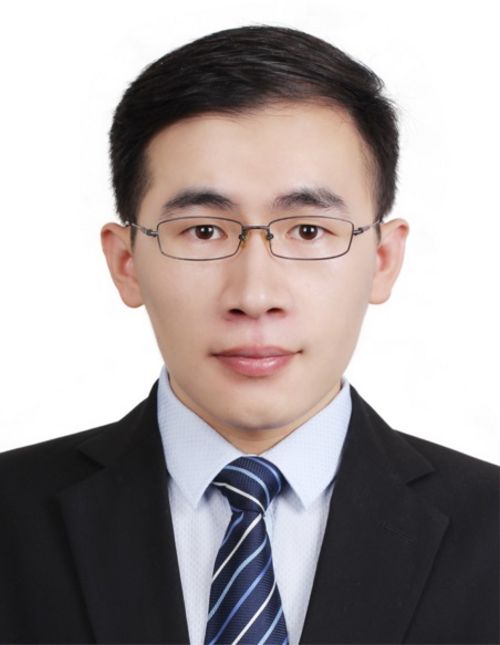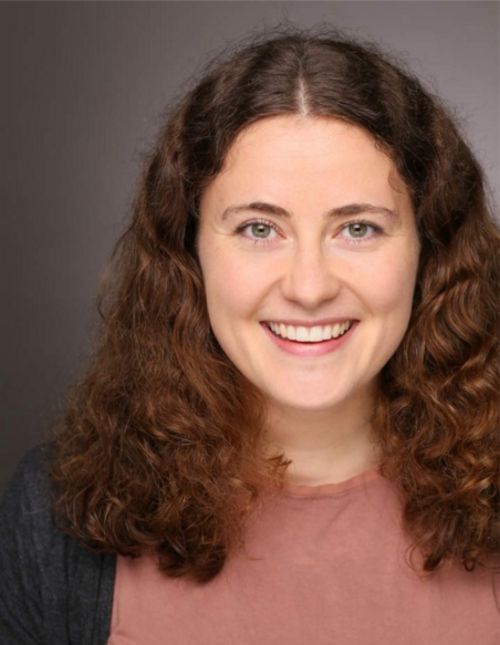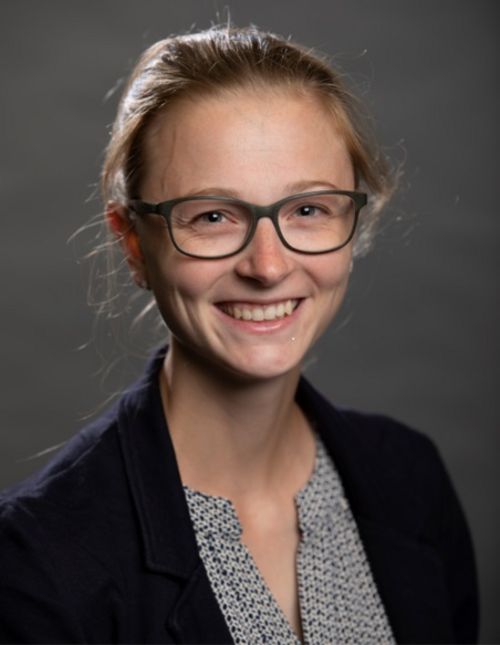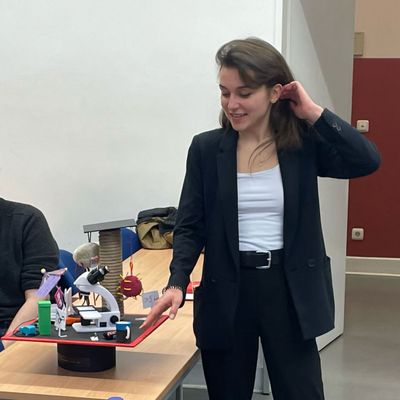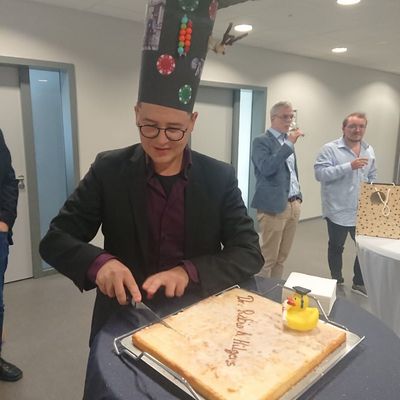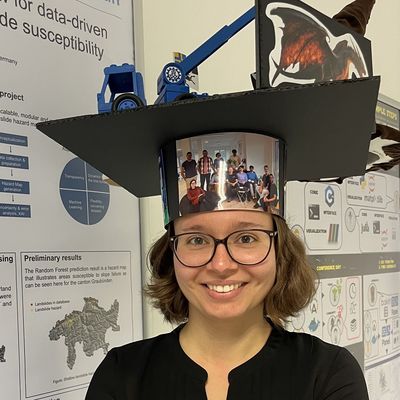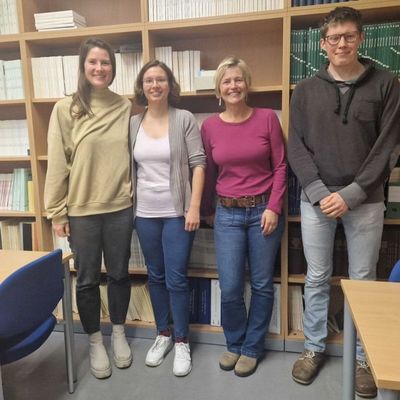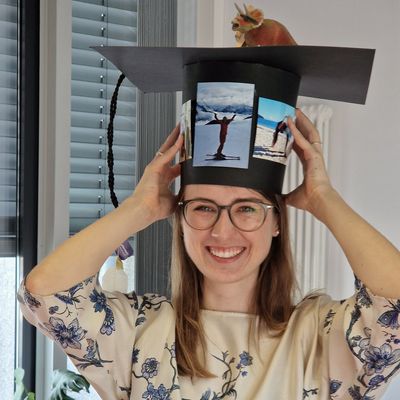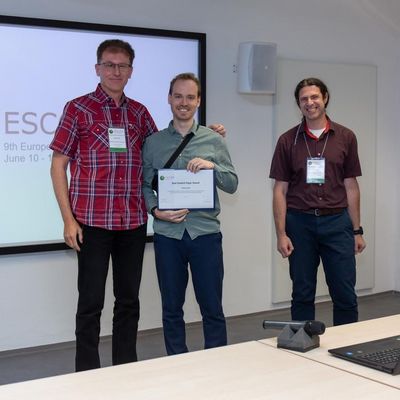HIDA Trainee Network - Explore other fascinating research fields

The HIDA Trainee Network’s third call for application is open.
Once again, it offers doctoral researchers and postdocs the opportunity to gain interdisciplinary experience in an exchange with another Helmholtz center. In this way, the Trainee Network provides new impulses for collaboration between the centers and builds a vibrant community of data scientists.
NEXT CALL FOR APPLICATIONS AT THE HIDA TRAINEE NETWORK
Explore other fascinating research fields
The HIDA Trainee Network’s third call for application is open. Once again, it offers doctoral researchers and postdocs the opportunity to gain interdisciplinary experience in an exchange with another Helmholtz center. In this way, the Trainee Network provides new impulses for collaboration between the centers and builds a vibrant community of data scientists.
What kind of modeling do the researchers in the Computational Hydrosystems group at the UFZ actually work with? And how do the experts in the PermaRisk group at AWI improve the resolution of satellite data? The first HIDA Trainee Network participants explored these questions earlier this year and were enthusiastic about their experiences at their host centers. Now the HIDA Trainee Network is going to start its next call: Until September 15, 2021, doctoral researchers and postdocs can apply again for an exchange with one of the 18 Helmholtz centers.
How does it work? The Helmholtz Information & Data Science Academy (HIDA) provides financial support for one- to three-month research stays at another Helmholtz Center in Germany. Support goes to researchers at the Helmholtz Association who would like to expand their data science knowledge. But the program is not only for data scientists: The HIDA Trainee Network is also for doctoral researchers and postdocs from other disciplines who would like to familiarize themselves with data science methods.
As a first step, applicants need to find a suitable host working group for an exchange. This can be somewhat challenging - after all, the Helmholtz Association has 18 independent Helmholtz Centers. You can find an overview of the centers’ research for a first impression here. We have also compiled some profiles of potential hosts who would like to host doctoral researchers and postdocs in their group as part of the HIDA Trainee Network on the HIDA website.
All research areas offer exciting opportunities to learn new things and dive into other fascinating research fields. Have you ever dreamed of working with the supercomputers at Forschungszentren Jülich or being part of the Quantum Computing team at KIT? You could also use your machine learning skills at DKFZ to help fight cancer like leukemia or bone cancer. Or how about learning more about high-throughput screening analyses in plants? The HIDA Trainee Network is data scientists’ opportunity to do just that.
Benefit from the data science expertise of other research groups through the Trainee Network, establish your own network and learn new approaches and ways of workflows. In addition, the sending centers and hosts can also expand and strengthen their network within the Helmholtz Association through the collaboration. They also expand their visibility within the Helmholtz Association and receive impulses for their own research work.
Further information on the Trainee Network is available at HIDA Trainee Network - Helmholtz Information & Data Science Academy and from Dr. Claudia Reschke. The call for application for the HIDA Trainee Network ends on September 15, 2021 (for planned research stays in 2022).
Text: Xenia von Polier
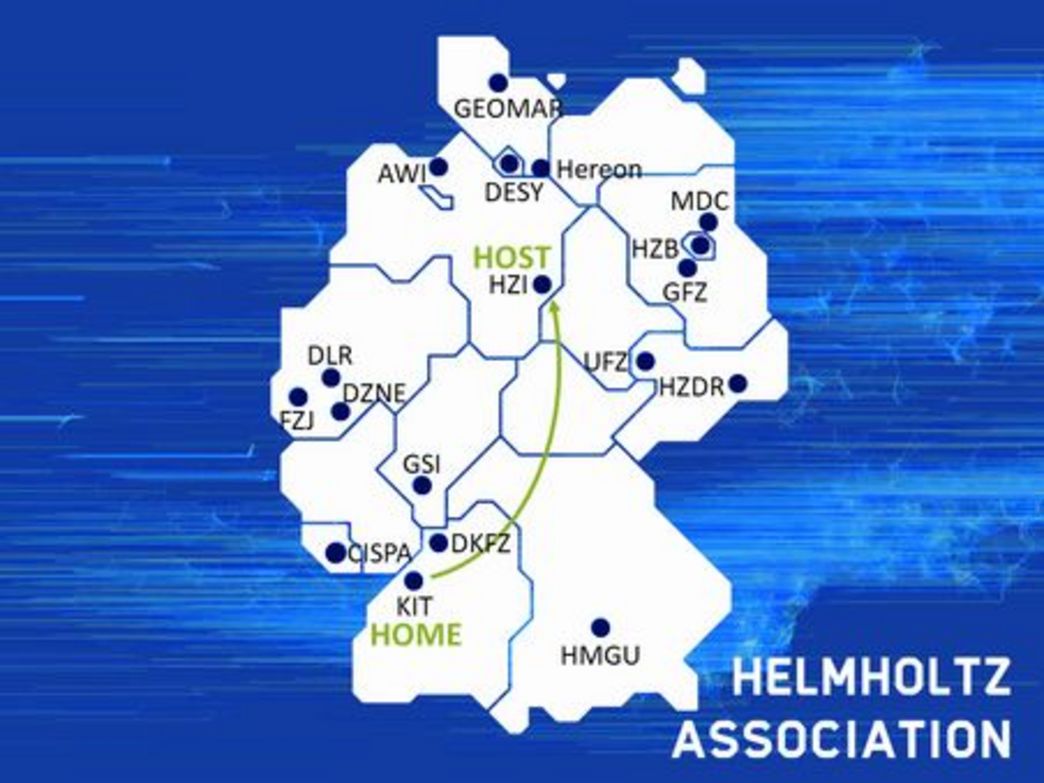
OUR DOCTORAL RESEARCHERS AT HIDA TRAINEE NETWORK
HU ZHAO
Project
Python-based Package for Probabilistic Simulation and Uncertainty Quantification for Earth Surface Processes
Home institute
AICES, RWTH Aachen University
Host institute
High-performance computing department, German Aerospace Center (DLR)
Summary
The aim of this project is to leverage innovative software engineering technologies of the DLR-HPC group in order to improve the quality and efficiency of our Python-based probabilistic package for forward and inverse uncertainty quantification of earth surface processes, and further to integrate our application-oriented package with common data science ecosystem.
ANNA SIMSON
Project
Towards real-time data integration on-board ice melting technologies - Combining historical ice coring data, sensor data on-board melting probes and data from process simulations into a unified description of the ambient ice
Home institute
AICES, RWTH Aachen University
Host institute
Prof. Dr. Olaf Eisen, Institution: AWI (Alfred Wegener Institute)
Summary
The goal of the project is to combine data from ice cores, from sensors on-board melting probes, and from process simulations into a unified description of the ambient ice. The research stay at the AWI is devoted to assemble and scout the ice coring data sets that have been acquired and processed by the Glaciology Section at the AWI. The combined database will be used to develop methods for the real-time data integration on-board ice melting technologies.
LISA BEUMER
Project
Data Science in Nuclear Verification – Extracting Verification-relevant Information from Geospatial Big Data
Home institute
Institute of Energy and Climate Research - Nuclear Waste Management and Reactor Safety (IEK-6), Forschungszentrum Jülich
Host institute
German Aerospace Center (DLR), Earth Observation Center (EOC), Remote Sensing Technology Institute (IMF), Department EO Data Science
Summary
The objective of the project is to investigate the possibilities of data science driven satellite imagery processing in the context of nuclear verification. Data science methods for extracting relevant information and knowledge from big data archives of earth observation data will be identified and further developed.
The DLR-IMF's EO Data Science Department focuses on big data analytics, data intelligence and knowledge discovery, by developing advanced model-based processing algorithms and further exploring AI for EO.
The research stay aims at leveraging the capabilities and experiences of EO Data Science to further enhance data analytics for nuclear verification developed so far.
LEONARDO RYDIN GORJAO
Project
PowerDynSys – Power Dynamical Systems, a python package for dynamical system stability in power-grid systems
Home institute
IEK-STE, FZJ / Institute for Theoretical Physics, University of Cologne
Host institute
German Aerospace Center - Institute of Networked Energy Systems (DLR-VE)
Summary
The goal of this project is to design an efficient, open-source Python library for numerical simulations of networked power systems which can easily be combined with existent power-grid models. The DLR-VE has been at the forefront of modelling and documenting networked power-grid systems in open source models. The target is to have a functional, easy-to-use ODE solver for commonly employed power-grid dynamics models, accessible to academic and industrial applications.
MORE INFORMATION ABOUT THE HIDA TRAINEE NETWORK
For more information about the HIDA Trainee Network, what exactly it is about, who can be funded and when deadlines are, please have a look here

